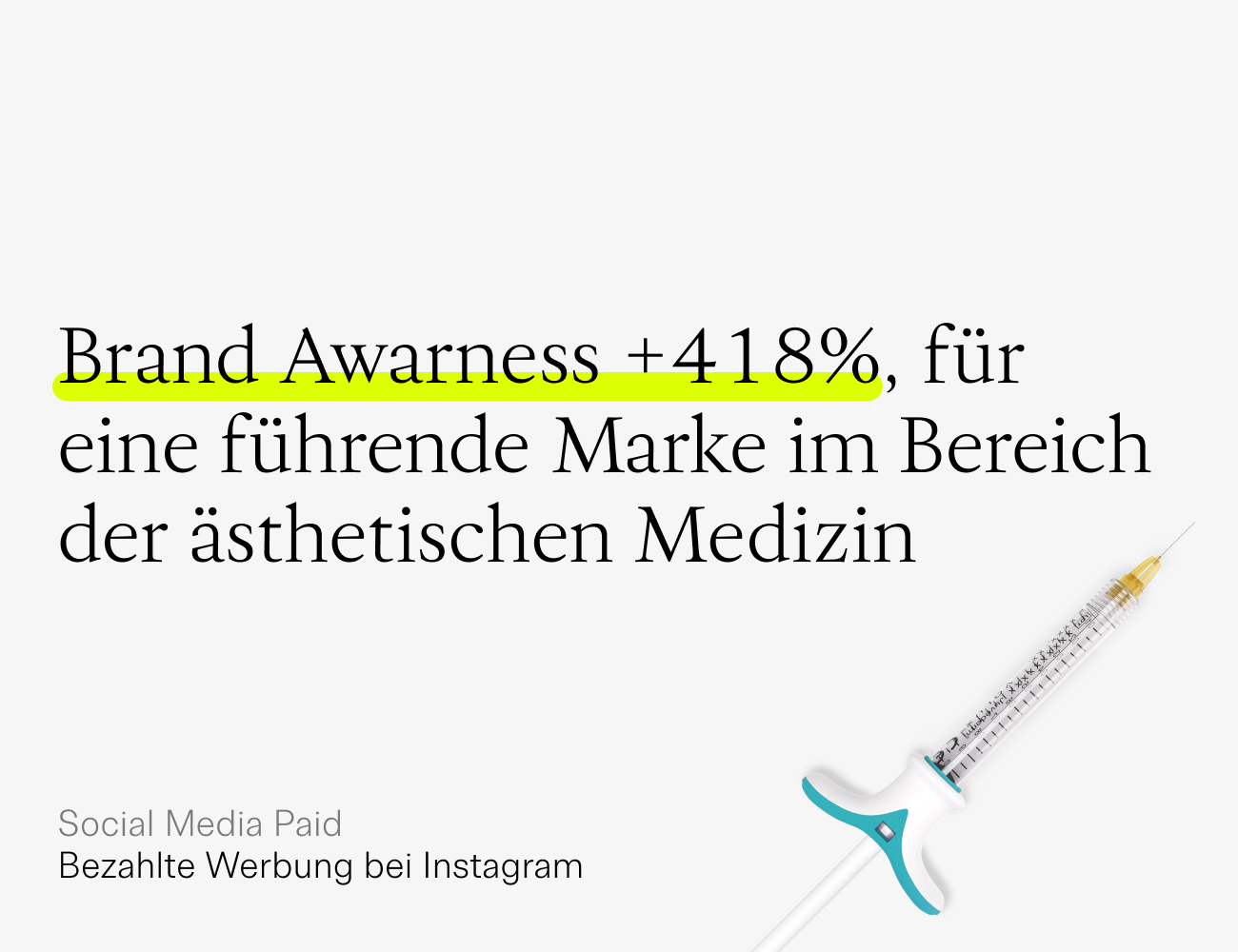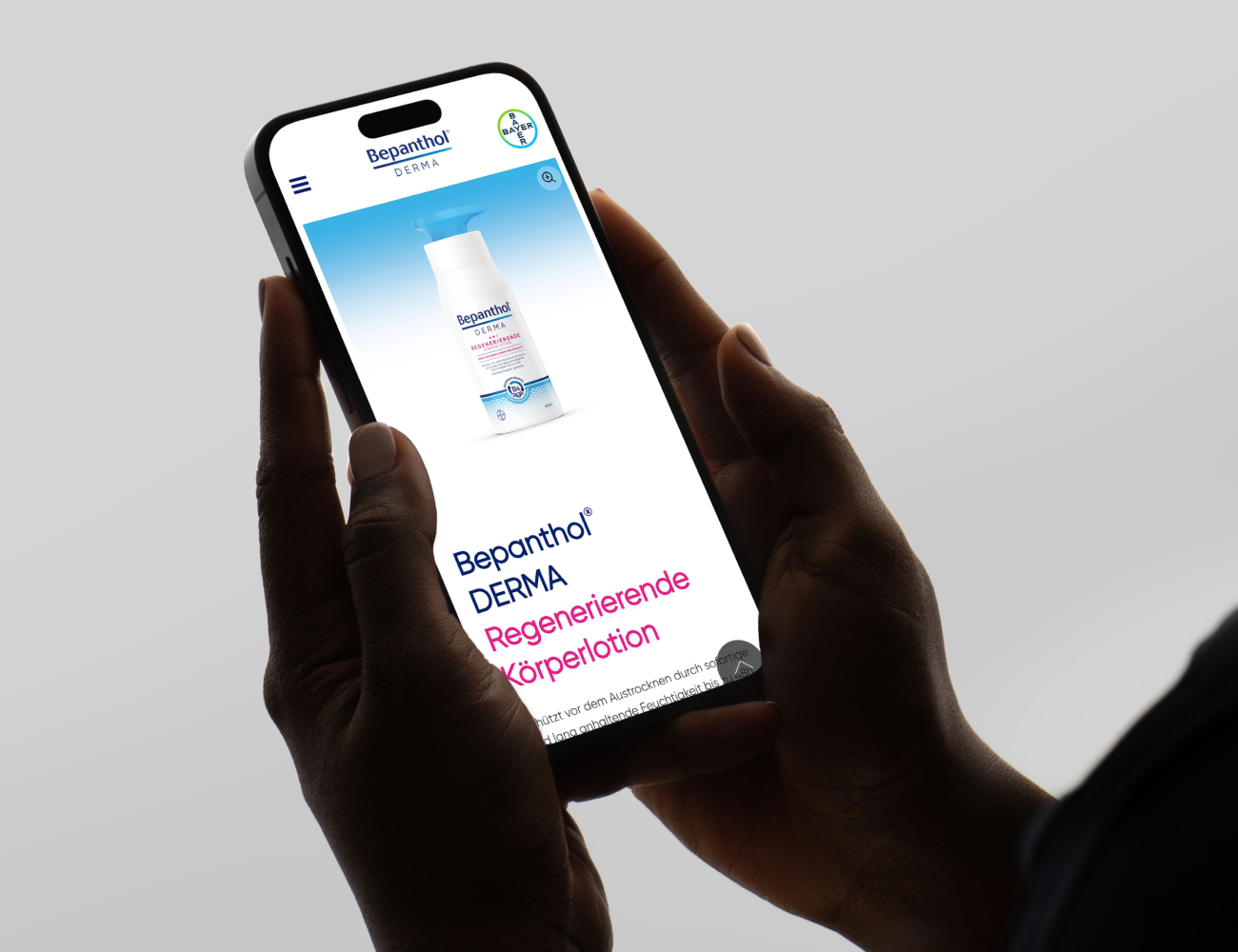What is Medical Writing?
Medical writing, or medical writing, involves the creation and editing of scientific documents that communicate medical information clearly, precisely, and accessibly. Professional medical writers produce documents that are well-structured and meet regulatory, ethical, and scientific standards. This type of writing not only requires the ability to translate complex medical information into an easily understandable format but also demands a comprehensive understanding of medical terminology and applicable regulatory guidelines.
Main Areas of Medical Writing
- Regulatory Medical Writing: This involves the preparation of documents submitted to health authorities worldwide to gain and maintain approval for new therapeutics.
- Scientific Writing: This includes writing abstracts, manuscripts, and poster presentations for scientific conferences and publications in peer-reviewed journals.
- Medical Communication: This area focuses on creating materials directed at healthcare professionals or patients, such as educational and informational materials.
- Marketing Medical Writing: This involves writing press releases, brochures, or website content for medical products or services.
Key Skills in Medical Writing
- Scientific and Medical Understanding: A deep knowledge of medical and scientific principles is essential to accurately interpret and present data.
- Writing Proficiency: Excellent written communication skills and the ability to present information in a clear, coherent, and precise manner.
- Attention to Detail: Precision and care in handling data and information are crucial to avoid errors and maintain the integrity of the communicated science.
- Regulatory Knowledge: Understanding the legal and regulatory requirements relevant to the preparation of documents in biomedical research and development.
Features of Medical Writing Services
Medical writing services cover a broad range of activities, including the preparation of regulatory documents, medical articles, product information, patient education materials, and many other formats. The focus is on accurate, structured, and clear presentation of medical data and information.
Scientific and Regulatory Writing
Scientific and regulatory writing involves the creation of documents necessary for submission to regulatory authorities and supporting clinical trials. This type of writing requires precise knowledge of legal requirements and the ability to clearly and structurally present complex medical information. The goal is to ensure the approval and continuous monitoring of medical products.
CRO Medical Writing
CRO (Contract Research Organization) Medical Writing refers to the writing of various types of medical and scientific documents on behalf of pharmaceutical and biotechnology companies. This often includes the creation of protocols, clinical study reports, and regulatory submission documents. These documents are crucial for complying with regulatory requirements and successfully conducting clinical trials.
Regulatory Medical Writing
Regulatory Medical Writing focuses on creating documentation submitted to health-related regulatory authorities. This includes applications for approval, Summary of Product Characteristics (SmPCs), and patient information leaflets. This type of writing requires detailed knowledge of legal requirements and regulatory guidelines.
Medical Regulatory Writing
While Medical Regulatory Writing can largely be synonymous with Regulatory Medical Writing, it may also encompass the entire lifecycle of a drug or medical device, from preclinical development to post-marketing. This includes continuous documentation and adherence to regulatory standards throughout the product's development and marketing.
Writing Medical Reports
Writing medical reports involves properly preparing medical data, findings, and analyses, often in a formatted document that meets specific reporting requirements. These reports are essential for communicating clinical results and documenting scientific findings.
Medical Grant Writing
Medical Grant Writing focuses on writing applications for research funding. This involves presenting research projects concisely, clearly, and convincingly to secure financial support from foundations, governments, or organizations. Successful grant applications must be scientifically sound and persuasively presented.
Medical Content Writing
Medical Content Writing includes creating content for a variety of media, including websites, brochures, blogs, and informational materials. The goal is to make medical information accessible to different audiences and to convey complex scientific data understandably.
Medical Writing Projects
Medical writing projects can encompass a wide range of tasks, from creating clinical research documents to producing medical marketing materials. The scope and nature of the documents depend on the specific goals and requirements of the project.
Medical Writing in Clinical Trials
In clinical trials, medical writing includes the creation of study protocols, participant information sheets, clinical study reports, and other documents required during the clinical development process. These documents are crucial for planning, conducting, and evaluating clinical trials.
Medical Writing for Phase 1 Trials
Medical Writing for Phase 1 trials focuses on creating documents for the early phase of clinical development. These documents assess the safety and tolerability of a new drug in healthy volunteers or patients and are crucial for the further development of the medication.
Medical Scientific Writing
Medical Scientific Writing involves writing scientific manuscripts, abstracts, and presentations. These serve to communicate research findings within the scientific community and are often the basis for scientific publications and conference presentations.
Communication and Education in Medical Writing
Communication and education in medical writing involve creating materials for the training of professionals and the information and education of patients. These documents are essential for conveying medical information and supporting learning processes. The goal is to deepen knowledge and promote practical skills.
Educational Medical Writing
Creating educational materials for medical education and training, including detailed textbooks, interactive online courses, and comprehensive training programs for medical professionals. These materials are designed to deepen knowledge and promote practical skills to improve the quality of medical care.
Patient Education Writing
Writing materials that help patients understand their health and treatment options better. This includes brochures, handbooks, and online content written in simple language. The goal is to inform and empower patients to make informed decisions about their health.
Health Economics and Outcomes Research (HEOR) Writing
Creating documents that analyze and present the economic aspects and outcome measurements of health interventions. This includes reports on cost-benefit analyses, health services research, and the development of health economic models. These documents help better understand the value and impact of health measures.
Grant Proposal Writing
Writing detailed applications for research funding, clearly and convincingly presenting scientific objectives, methods, and expected results. These applications must be concise and persuasive to increase the likelihood of successful funding and secure support for important research projects.
Medical Journalism
Writing articles and reports for medical and general publications to inform the public about new research findings, medical breakthroughs, and health policy developments. These articles must be well-researched and accessible to make complex topics understandable to a broad audience.
Regulatory Affairs Writing
Creating comprehensive documentation packages required for the approval and marketing of new medical products. This includes risk assessments, regulatory strategies, and other important documents ensuring products meet all legal requirements and can be used safely.
Pharmacovigilance Writing
Documenting and reporting safety information and adverse events related to drugs and medical products. This includes creating Periodic Safety Update Reports (PSURs) and individual case reports to ensure the continuous monitoring and safety of products.
Medical Device Writing
Specialized documentation for the development, approval, and marketing of medical devices. This includes creating technical manuals, user instructions, and clinical evaluations ensuring products meet the highest standards and can be used safely.
Continuing Medical Education (CME) Writing
Developing content for continuing education programs used by doctors and other medical professionals to keep their knowledge and skills up to date. These programs are crucial for improving the quality of medical care and ensuring professionals are informed about the latest developments.
Regulatory Submission Writing
Creating and managing documents required for submission to international health authorities. This includes Common Technical Documents (CTDs) and electronic submissions (eCTDs) covering the entire lifecycle of a drug or medical device, ensuring all regulatory requirements are met.
Scientific Advisory Board Writing
Creating materials and reports for scientific advisory boards that provide advice and feedback on research projects and product developments. These documents support decision-making and help guide scientific and regulatory strategy.
Quality Assurance Writing
Writing quality documentation to ensure all processes and products meet established standards and regulations. These documents are essential for maintaining integrity and quality in biomedical research and development.
Clinical Study Protocol Writing
Developing detailed study protocols that outline the procedures and methodology of clinical trials. These protocols must be clearly and precisely written to ensure studies are conducted properly and produce reliable results.
Case Study Writing
Creating case studies that document clinical experiences and treatment outcomes of individual patients or patient groups. These studies provide valuable insights into the practical application of treatments and contribute to the advancement of medical practice.


Medical Writing Social Media
Medical Writing Social Media involves the creation and management of content for social media platforms, aimed at clearly and understandably communicating medical and scientific information. This specialized form of medical writing requires the ability to translate complex scientific data into accessible and engaging formats to reach a broad audience. Medical writers specializing in social media often work on disseminating scientific findings, health topics, and current developments in the healthcare sector through platforms such as Facebook, Twitter, LinkedIn, and Instagram. They play a crucial role in raising public awareness of health issues and making evidence-based information accessible.
What is Medical Writing Social Media?
Medical Writing Social Media refers to creating and managing content for social media that clearly and understandably communicates medical and scientific information. It involves translating complex scientific data into accessible and engaging formats.
What platforms are used for Medical Writing Social Media?
Commonly used platforms include Facebook, Twitter, LinkedIn, and Instagram. Each of these platforms has its own formats and styles that medical writers must consider.
What skills are required for Medical Writing Social Media?
In addition to a solid background in medicine and science, medical writers for social media need excellent writing skills, creativity, and an understanding of the dynamics and requirements of various social media platforms.
Why is Medical Writing Social Media important?
Medical Writing Social Media is important for raising public awareness of health issues and making evidence-based information accessible. It helps convey scientific findings and current developments in healthcare to a broad audience.
How does Medical Writing Social Media differ from traditional Medical Writing?
While traditional medical writing often includes scientific manuscripts, study reports, and regulatory documents, Medical Writing Social Media focuses on shorter, engaging content optimized for social media. The language is often less technical and more oriented towards a general audience.
Don't be shy, get in touch.
Sanofeld is an innovative healthcare agency with a focus on pharma and healthcare. We offer comprehensive marketing services for OTC and RX.
E-Mail: [email protected]
Telefon: 0221 670 580 07
Meeting: 15 Minutes Meeting
Scientific Texts
Medical Writing for scientific texts involves the writing and editing of manuscripts, abstracts, research reports, and other scientific documents. These documents are essential for communicating research findings and scientific insights within the scientific community. Medical writers must be able to present complex medical data accurately and clearly, ensuring that the documents meet the highest scientific and ethical standards.
What is Medical Writing for Scientific Texts?
Medical Writing for scientific texts refers to the creation and editing of documents such as manuscripts, abstracts, and research reports that communicate research findings and scientific knowledge.
What types of documents are created in Scientific Medical Writing?
The documents include scientific manuscripts for journals, abstracts for conferences, research reports, literature reviews, and poster presentations.
What skills are required for writing scientific texts?
Medical writers need a deep understanding of medical and scientific terminology, excellent writing skills, and the ability to present complex data clearly and precisely. Knowledge of the scientific publication process and adherence to ethical guidelines are also important.
Why is Medical Writing for scientific texts important?
It is crucial for the dissemination of research findings and scientific knowledge, which form the basis for further research and clinical applications. It contributes to scientific discussion and progress in medicine.
How does scientific Medical Writing differ from other forms of Medical Writing?
Scientific Medical Writing focuses on creating documents intended for the scientific community, emphasizing precision, detail, and adherence to scientific standards. Other forms of Medical Writing, such as marketing or patient communication, require a different approach and language to reach different audiences.


Tasks of a Medical Writer
The tasks of a Medical Writer are diverse and play a central role in communicating medical and scientific information. They encompass a wide range of activities to ensure that complex data is conveyed accurately and understandably.
What are the tasks of Medical Writers in creating scientific articles?
Medical Writers write scientific articles, reports, and research papers on medical and health-related topics. These articles may be published in scientific journals or created for research projects and study reports.
What is involved in creating patient materials?
Medical Writers produce materials for patients, such as informational brochures, guides, and articles about diseases, treatments, and preventive measures. These texts are designed to make complex medical information understandable for patients.
What role do Medical Writers play in creating regulatory documentation?
In the pharmaceutical and biomedical industry, Medical Writers are responsible for creating regulatory documents. These include regulatory submissions, clinical study reports, patient information leaflets, and clinical trial protocols that must meet the requirements of health authorities.
How do Medical Writers support the communication of research findings?
Medical Writers assist scientists and researchers in communicating their research findings. This can involve creating abstracts, conference presentations, and posters.
What tasks do Medical Writers undertake in editing and reviewing texts?
Medical Writers revise and edit medical texts to ensure they are accurate and comprehensible. This includes checking for spelling, grammar, and scientific accuracy.
Why is literature research an important task for Medical Writers?
Medical Writers conduct comprehensive research to gather current information on medical topics, ensuring that the texts are up-to-date with the latest research.
How do Medical Writers collaborate with subject matter experts?
Medical Writers work closely with subject matter experts such as doctors, researchers, and scientists to ensure that the texts produced are technically accurate. This collaboration is crucial for the quality and accuracy of medical documentation.
Medical Writing SEO - Marketing
Medical Writing SEO Marketing combines medical expertise with search engine optimization to create content that is both informative and easily discoverable. The goal is to present medical and scientific information in a way that reaches a broad audience while improving visibility in search engines. This type of writing requires a deep understanding of medical terminology as well as best SEO practices.
What is Medical Writing SEO Marketing?
Medical Writing SEO Marketing combines medical writing with search engine optimization to create content that is both informative and highly discoverable. The aim is to effectively communicate medical information and increase online visibility.
What are the benefits of Medical Writing SEO Marketing?
This combination improves the discoverability of medical content on the internet, increases reach, and ensures that important information reaches a larger audience. Additionally, it contributes to increased website traffic and credibility.
Which SEO practices are particularly important in Medical Writing?
Key SEO practices in Medical Writing include using relevant keywords, optimizing meta tags and headers, incorporating internal and external links, and creating high-quality, well-structured content.
How does Medical Writing SEO Marketing differ from traditional Medical Writing?
While traditional Medical Writing focuses on conveying medical information accurately and clearly, Medical Writing SEO Marketing additionally focuses on optimizing content for search engines. This requires additional knowledge of SEO strategies and techniques.
What types of content are created in Medical Writing SEO Marketing?
Content includes blog posts, website copy, online guides, patient information pages, and scientific articles optimized for online use. These contents are meant to be both informative and easily discoverable.
Why is keyword research important in Medical Writing SEO Marketing?
Keyword research is essential to identify the terms and phrases that potential readers use when searching for medical information. Integrating these keywords into the texts can improve the content's discoverability and relevance.
How is the success of Medical Writing SEO Marketing measured?
Success can be measured by various metrics, such as search engine ranking positions, organic traffic, time spent on the page, and user interaction rates. Tools like Google Analytics and SEO analysis platforms help monitor and analyze these data.
Don't be shy, get in touch.
Sanofeld is an innovative healthcare agency with a focus on pharma and healthcare. We offer comprehensive marketing services for OTC and RX.
E-Mail: [email protected]
Telefon: 0221 670 580 07
Meeting: 15 Minutes Meeting
Medical Writing Agency
A Medical Writing Agency offers comprehensive services in the creation and editing of scientific and medical texts. These agencies support pharmaceutical and biotechnology companies in communicating complex medical information accurately and clearly, while adhering to the highest industry standards.
What is a Medical Writing Agency?
A Medical Writing Agency is a service company specializing in the creation and editing of medical and scientific texts. These agencies provide customized solutions for companies in the healthcare sector.
What services does a Medical Writing Agency offer?
A Medical Writing Agency offers a wide range of services, including writing scientific manuscripts, clinical study reports, regulatory documents, patient information materials, and marketing content. Editing and proofreading of medical texts are also part of their offerings.
Who are the typical clients of a Medical Writing Agency?
Typical clients of a Medical Writing Agency include pharmaceutical companies, biotechnology firms, healthcare organizations, clinics, research institutions, and medical device companies. Doctors and scientists who need assistance in publishing their research results are also among their clients.
What are the benefits of working with a Medical Writing Agency?
The benefits of working with a Medical Writing Agency include deep expertise in medical writing, compliance with regulatory requirements, high-quality and error-free texts, and the ability to convey complex information in an understandable manner.
How to choose the right Medical Writing Agency?
When selecting the right Medical Writing Agency, factors such as experience, expertise, quality of references, range of services offered, and cost-effectiveness should be considered. A personal meeting can help assess the agency's suitability for the specific needs of the project.
What qualifications do the writers in a Medical Writing Agency have?
Writers in a Medical Writing Agency typically have backgrounds in medicine, life sciences, or related fields. They possess extensive experience in scientific writing and are familiar with relevant regulatory and ethical standards.
How does a typical project with a Medical Writing Agency proceed?
A typical project begins with a briefing where the client's requirements and goals are discussed. The agency then creates a draft, which is reviewed by the client. After receiving feedback and making necessary revisions, the final document is completed and delivered.
Can a Medical Writing Agency assist with publication in scientific journals?
Yes, many Medical Writing Agencies offer support in submitting manuscripts to scientific journals, including preparing cover letters, responding to reviewer comments, and formatting according to journal guidelines to maximize the chances of publication.
Don't be shy, get in touch.
Sanofeld is an innovative healthcare agency with a focus on pharma and healthcare. We offer comprehensive marketing services for OTC and RX.
E-Mail: [email protected]
Telefon: 0221 670 580 07
Meeting: 15 Minutes Meeting
